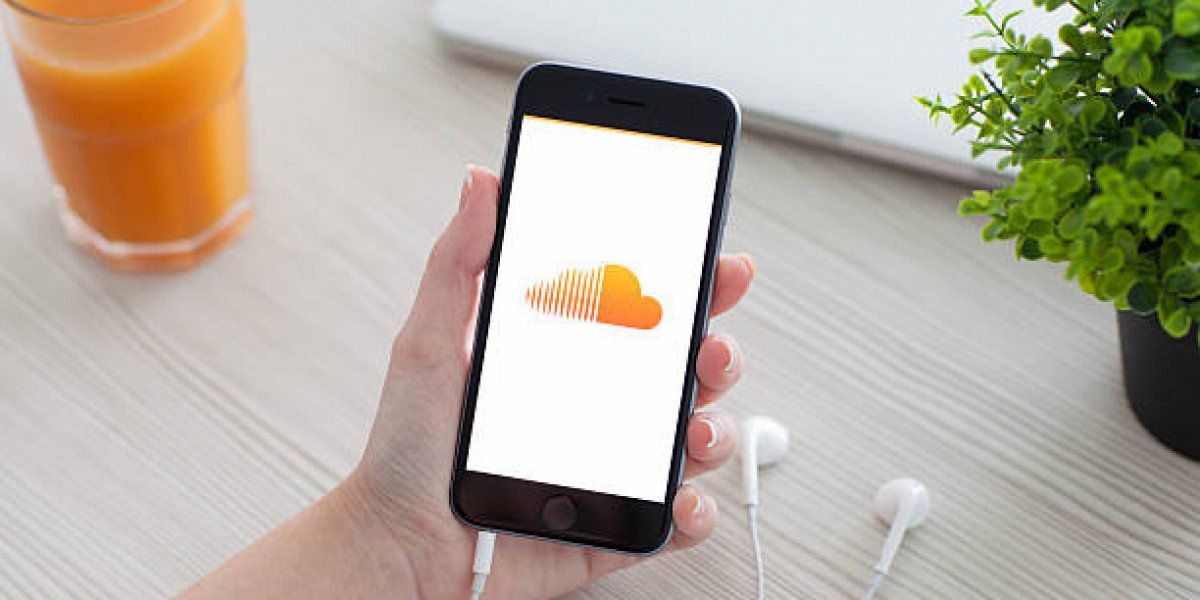SoundCloud, a prominent platform for music discovery and distribution, has amassed a vast library of tracks from emerging artists and established musicians alike. While SoundCloud allows users to stream and share music, there are times when enthusiasts may want to download tracks for offline listening. This is where SoundCloud downloaders come into play. In this article, we will explore the functionality of SoundCloud downloaders, the legal implications of using these tools, and the best practices to follow.
What Are SoundCloud Downloaders?
SoundCloud downloaders are software tools or online services that enable users to download audio tracks from SoundCloud. These tools typically require the user to input the URL of the desired SoundCloud track, and the downloader processes this URL to fetch the audio file. Downloaders can be standalone software applications, browser extensions, or web-based services.
Types of SoundCloud Downloaders:
- Web-Based Downloaders: These are online services that allow users to download tracks by simply entering the track’s URL into a web form. Examples include KlickAud and SoundCloud to mp3.
- Browser Extensions: These add-ons integrate directly into browsers like Chrome or Firefox, providing download options directly on the SoundCloud webpage.
- Desktop Applications: Software like JDownloader can be installed on a computer to download tracks from SoundCloud and other sites.
Legal Implications
Using SoundCloud downloaders raises significant legal and ethical considerations. SoundCloud’s terms of service explicitly prohibit downloading tracks without permission. Here's a closer look at the legal landscape:
Copyright Laws: Downloading tracks without the artist’s or SoundCloud’s permission violates copyright laws. Musicians and producers who upload their work to SoundCloud retain the rights to their music. Unauthorized downloads deprive them of potential revenue and violate their intellectual property rights.
Terms of Service: SoundCloud’s terms of service dictate that users should not download content unless a download button is provided by the uploader. Ignoring these terms can result in the termination of a user’s account and possible legal action.
Fair Use Doctrine: Some might argue that downloading tracks for personal, non-commercial use falls under fair use. However, this is a grey area and often does not hold up legally, especially when explicit permissions are not granted.
Best Practices for Using SoundCloud Downloaders
Given the legal implications, it is essential to approach the use of SoundCloud downloaders with caution and respect for artists’ rights. Here are some best practices to consider:
- Check for Download Permissions: Before using a downloader, see if the artist has enabled the download option. Many artists allow free downloads as a way to promote their music.
- Support the Artists: If you enjoy an artist’s work, consider supporting them by purchasing their music, attending live shows, or subscribing to their premium content on platforms like Bandcamp or Patreon.
- Use for Personal Archiving: If you have legally purchased a track or if it’s explicitly offered for free, using a downloader to create a personal archive is generally acceptable.
- Respect Creative Commons Licenses: Some tracks are uploaded under Creative Commons licenses, allowing more freedom in downloading and sharing. Always check the license type and adhere to its terms.
- Be Wary of Malware: Many downloaders, especially those that are free, can come bundled with malware or intrusive ads. Stick to reputable tools and always have antivirus software active.
Ethical Alternatives to Downloading
Instead of using SoundCloud downloader , consider these alternatives that align with ethical practices:
- SoundCloud Go+: This is SoundCloud’s premium subscription service that allows offline listening and access to high-quality audio. It’s a legal way to support the platform and artists.
- Other Streaming Services: Platforms like Spotify, Apple Music, and Tidal offer extensive libraries with offline listening options. These services compensate artists through their subscription models.
- Direct Support: Many artists sell their music directly through platforms like Bandcamp, which often offer higher-quality downloads and more of the revenue going directly to the artists.
Conclusion
SoundCloud downloaders present a convenient but legally complex way to access music offline. While they can be useful, it’s important to use them responsibly and ethically. Always seek permission, support artists directly, and be aware of the potential legal ramifications. By doing so, you not only respect the hard work of creators but also contribute to a sustainable and vibrant music ecosystem.















